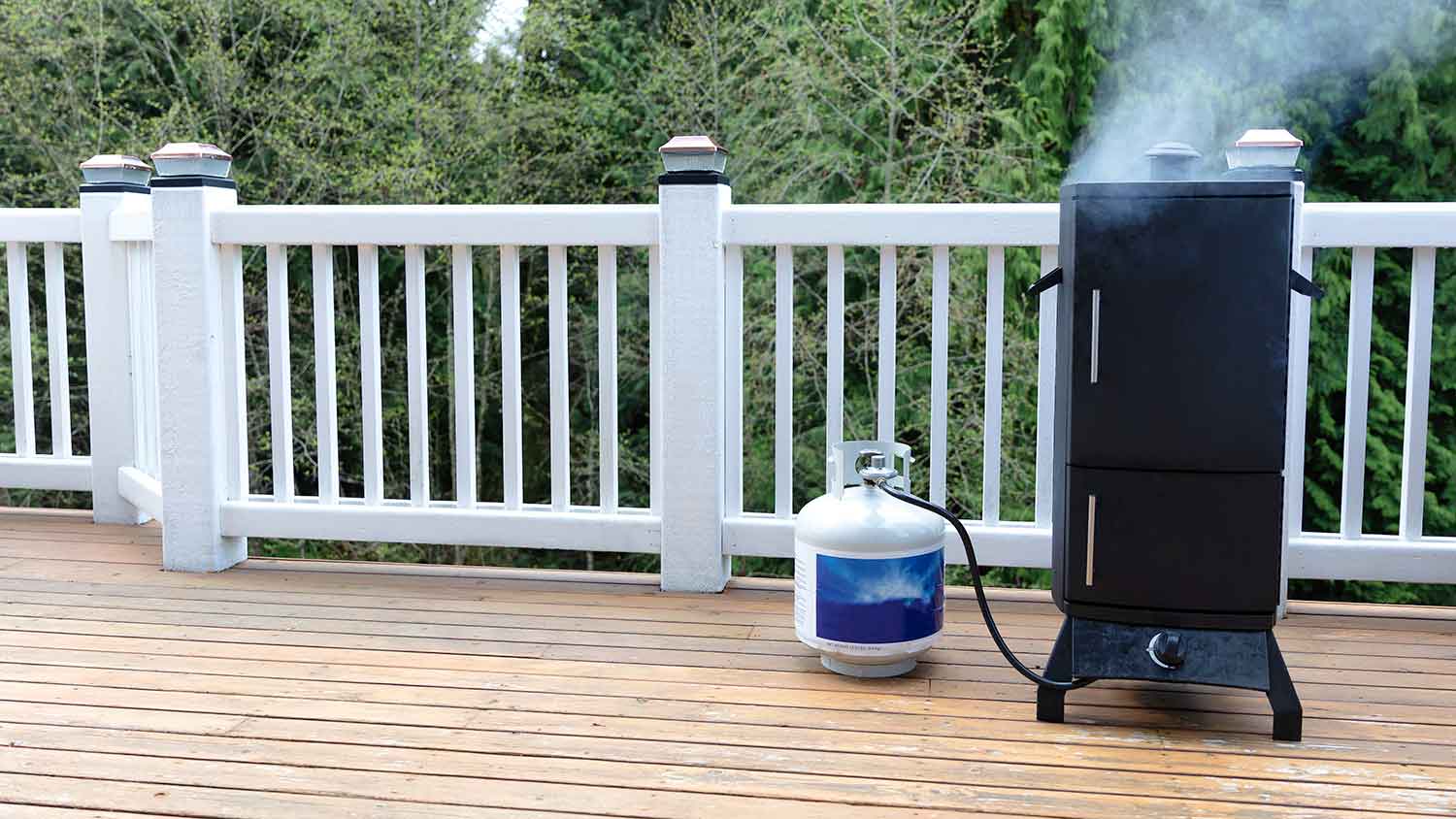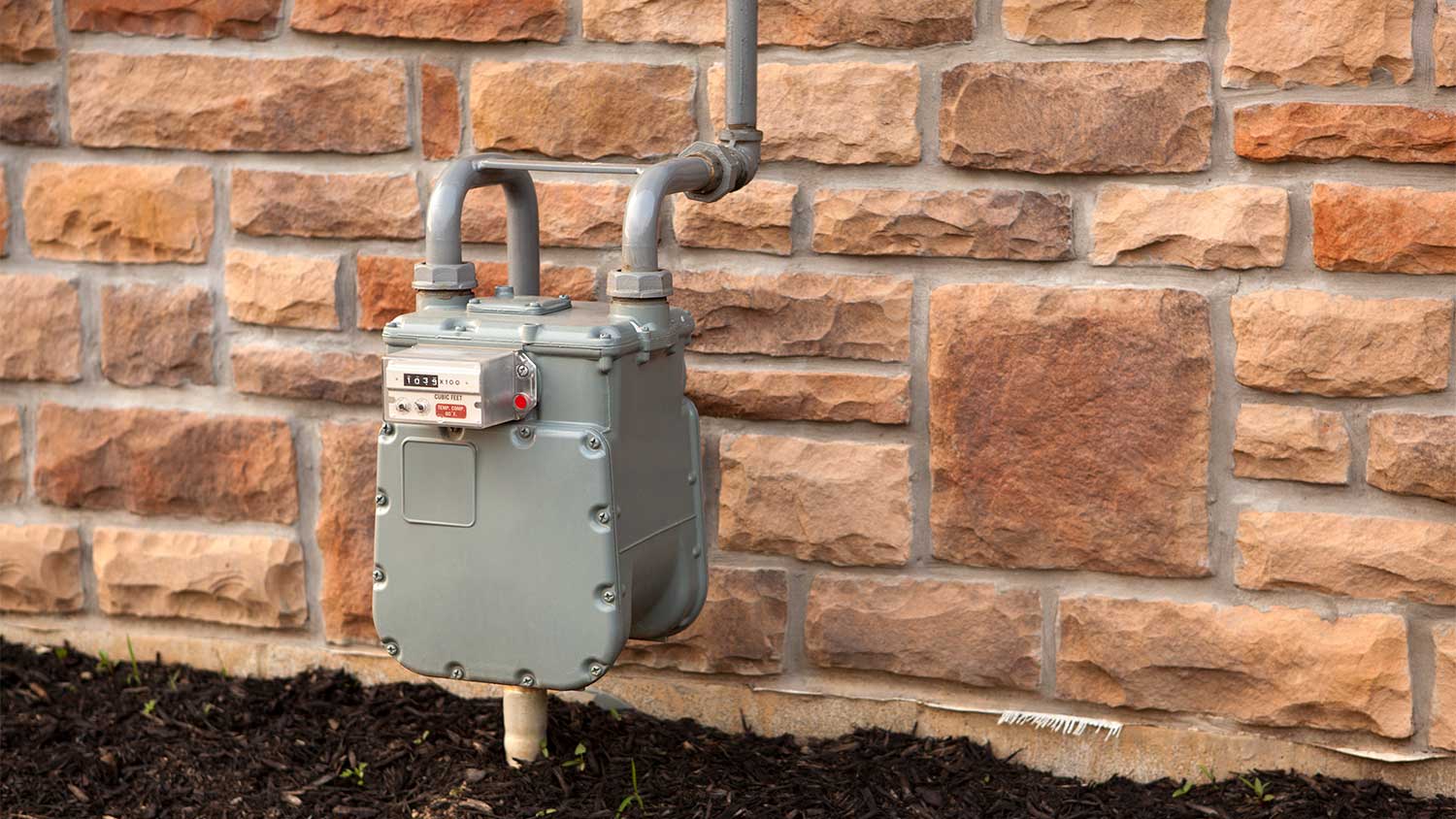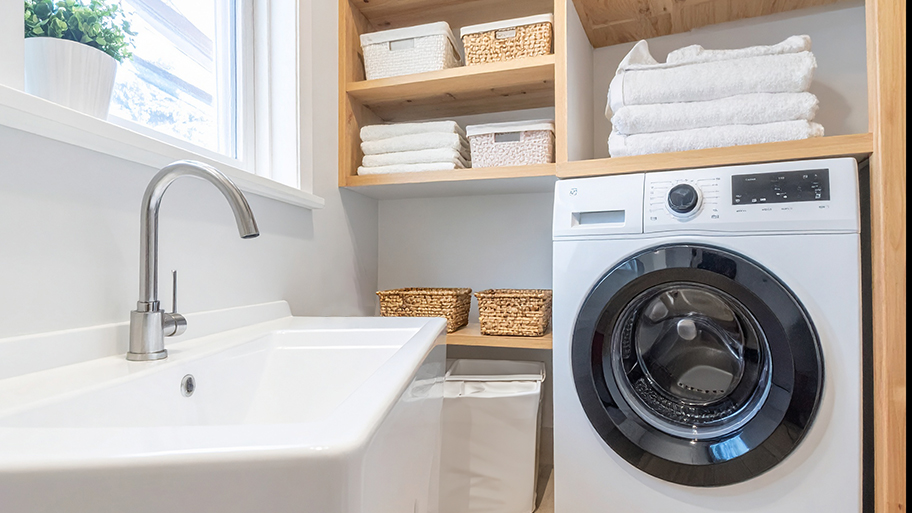
The average cost to replace a bathroom faucet typically ranges from $170 to $360. Faucet installation costs often vary based on the selected fixture hardware.
Both fuels have their pros and cons


Propane and natural gas are odorless, colorless fossil fuels that power your home and appliances.
Propane is best if you’re looking for cost efficiency on a property that doesn’t already have a gas line installed.
If your home has a gas line hooked up, natural gas will cost you less over time.
You have quite a few options when it comes to heating your home and appliances. Propane and natural gas are two of the most popular. You should consider many differences when debating propane vs. natural gas, like ease of access, energy efficiency, cost, dangers, and installation methods. Let’s fuel up and dig into what you need to know to make the best choice for your home.

Propane gas—also called liquified petroleum gas or LPG—is a common fuel used in homes. You’ve likely seen propane in cylinder containers, where it’s compressed in a liquid form. Propane gas is popular as a portable heat source for grills, trailers, camping, fireplaces, and vehicles.
Propane can be produced as a natural gas byproduct or through biomass from agricultural waste. In the first method, propane is extracted from liquid components found in natural gas processing to keep condensation from impacting natural gas pipelines.
In the latter method, known as renewable propane, the gas derives from renewable sources like agricultural waste and fats, making it a more environmentally friendly alternative to fossil fuels.
Natural gas is a type of fossil fuel made from a combination of natural compounds found underground. The primary compound in natural gas is methane, which accounts for up to 90% of the gas mixture. The rest of the mixture includes ethane, butane, propane, trace amounts of carbon dioxide, and more.
Most ingredients found in raw natural gas must be removed in the processing stage before the natural gas can reach your home. Once processed, the natural gas runs through pipelines to reach residential and commercial buildings.
Homeowners often have to choose between propane and natural gas for several domestic needs like heating and cooking. Both fuel types have pros and cons, which we’ll break down below.
| Propane | Natural Gas |
|---|---|
| Energy-efficient | Convenient |
| Cost-effective | Cheaper upfront |
| Eco-friendly | No refills needed |

Like other utilities, natural gas is distributed nationwide through a grid system. Homes in urban or suburban municipalities located on the grid likely have their own connection or line that supplies natural gas as part of a utility package. More remote homes are less likely to have an existing natural gas hookup. As the cost of installing a gas line ranges from $120 to $1,350, propane becomes the better solution in these areas.
Propane requires simply placing a storage tank somewhere on your property, so adding it to your home is fairly straightforward. You can buy propane from the store in smaller quantities to refill yourself or schedule large deliveries from a propane provider.
When you calculate the cost of propane vs. natural gas per unit, propane is the less expensive option. But these two fuels are measured differently: Propane comes in liquid gallons or liters, while natural gas comes in cubic feet or meters. Energy professionals measure their output in British Thermal Units (BTUs). Propane can provide twice as much heat energy as natural gas, making it an extremely cost-efficient option.
The answer to which fuel will cost you less depends on your home’s existing sources. If there’s a natural gas line, it will be cheaper to power your whole house with natural gas, as there would be no installation costs required to access or maintain it. If not, run the numbers to see how much you’d save with propane versus installing a gas line.
Propane is likely the more affordable choice without an existing gas line upfront, but you’ll also need to budget for tank refills and maintenance. Installing a natural gas line costs much more upfront than installing a propane tank on your property, but you won’t need to worry about maintenance and supply afterward.
As a baseline, one cubic foot of natural gas produces 1,030 BTUs, whereas the same amount of propane will provide 2,516 BTUs.
But efficiency depends on how you use the fuel, too. For example, running an energy-efficient stove will require significantly less power than a decades-old one, regardless of your chosen fuel source. Likewise, heating an entire house all winter requires a different measurement of efficiency than heating one room on especially cold days.

If you already have a gas line hooked up to your home, there is little to no installation required for this fuel—just a phone call to the gas company. Most homeowners spend $260 to $820 to install a natural gas line for their property. If you live in an urban area, your installation will likely be more expensive and lengthy. You must also install a gas meter and pay for any permits your municipality requires. Many states require you to hire a certified natural gas plumber, for which you’ll pay anywhere from $45 to $200 per hour to complete the job.
To install propane, you must set up a covered area at least 10 feet from your home where the ground is level to store the propane tanks. A propane company can come and install the tanks for you and continue their services via periodic visits to fill them up with more propane.
Both fuels are odorless and colorless, so manufacturers add chemicals that create an odor in these gases for easier detection. Combustion can happen quickly, so protect yourself and your family from natural gas and propane risks with strategically installed carbon monoxide detectors.
Propane is heavier than natural gas, so if a leak happens, it can collect in a high concentration that will cause suffocation or unconsciousness. It’s also highly flammable and can easily explode if stored under pressure or heat.
If you notice the smell of gas in or outside your home, remove any open flame and get away from the area immediately before calling 911. Don’t plug or unplug any devices since this could spark and create an explosion. If your propane leaks and touches your skin, it can cause frostbite. Wear gloves while immediately cutting the fuel source off using the shutoff valve.
Natural gas is worse for the environment than propane because the main ingredient is methane. This greenhouse gas has double the impact on the climate because it releases either carbon dioxide as it burns or pure methane if it leaks.
Propane isn’t necessarily good for the environment since it is still a byproduct of natural gas. Still, it emits a lower carbon dioxide level and isn’t made primarily with a greenhouse gas. It also dissipates in air faster than natural gas and won’t go on to contaminate groundwater, drinking water, or wildlife.
Sophie Yalkezian and Allie Ogletree contributed to this article.
From average costs to expert advice, get all the answers you need to get your job done.

The average cost to replace a bathroom faucet typically ranges from $170 to $360. Faucet installation costs often vary based on the selected fixture hardware.

Plumbing inspection costs depend on the issue you’re looking into and the size of your home. Learn what you can expect to pay.

The cost to add plumbing to a detached garage depends on several factors, including the type of plumbing and the garage's distance from your home.

Follow this guide to learn how to install a kitchen sink drain, from shutting off the water supply to lowering the drain outlet and connecting the P-trap.

Frozen underground pipes can lead to costly damage to your home. Use this guide to learn how to safely thaw them, prevent future freezes, and protect your home from expensive water damage.

Before purchasing and installing a new toilet, you need to know the toilet rough-in measurement to ensure proper integration. Here’s how to get it done.